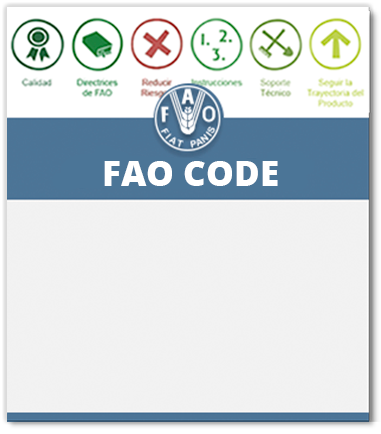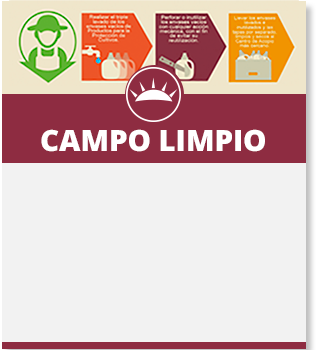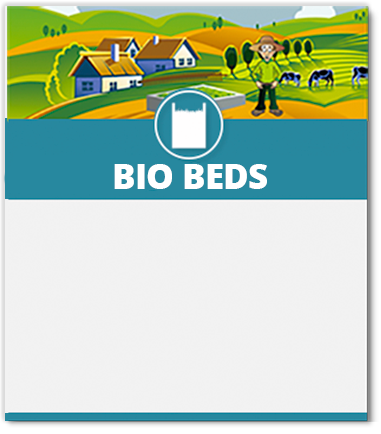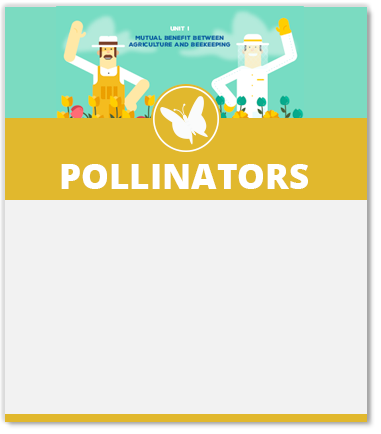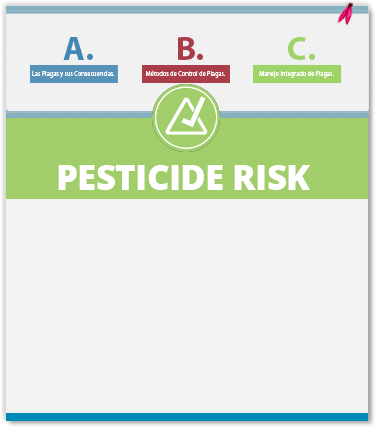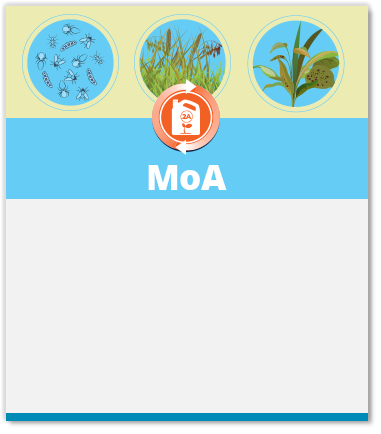
Available courses
CropLife Latin America's CropLife Latin America online course platform has trained more than 40.000 people since 2013, on topics related to Good Agricultural Practices in agrochemical, pesticide or phytosanitary product management.
Currently, the platform offers 9 free courses in Spanish, 5 in Portuguese and 4 in English, reaching regulatory authorities, distributors, farmers, technicians, agronomists, companies in the agrochemical industry, students, and all those interested in learning about crop protection, biotechnology and sustainable agriculture.
Learning with CropLife Latin America





Diploma
Once you successfully complete each course, a diploma will be automatically generated. You can use it to support your new knowledge and your committment to sustainable agriculture.
On your own time
CropLife Latin America's online course platform allows you to learn on your own time and pace. You can start and complete a course in one session, or you can divide it into different sessions depending on your availability.
More resources
On CropLife Latin America's main website you will be able to find and download flyers, powerpoint presentations and infographics.
www.croplifela.org/en/resources
You will find videos about Good Agricultural Practices and sustainable agriculture on our YouTube channelwww.youtube.com/user/CropLifeLATAM
Ethical Code
We encourage you to commit to the correct and ethical use of the platform
Teachers
If you are a professor and want your students to complete the available courses, we suggest the following:
- Include the topics reviewed on these courses in your classroom tests or quizzes.
- Organize group discussions about the responsible use of pesticides and the use of biotechnology in agriculture.
- Ask for written papers that make it necessary to read and study the contents in these courses.

